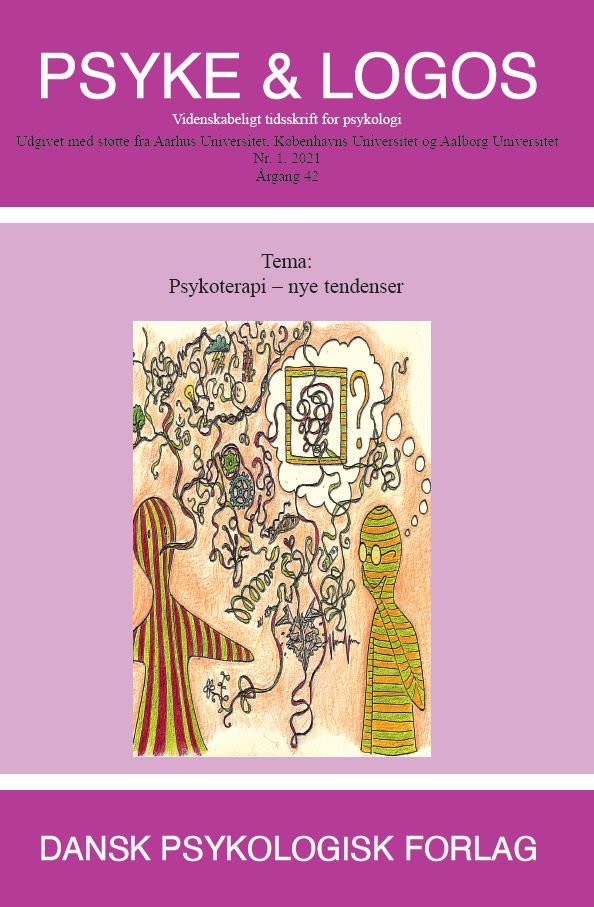A review of rt-fMRI neurofeedback as an intervention to treat dysfunction in emotion regulation
DOI:
https://doi.org/10.7146/pl.v42i1.128775Keywords:
Emotional disorder, neurofeedback, depression, anxiety, psychological treatment, rt-fMRIAbstract
The article explores a relatively new form of intervention that has received increasing attention in the research literature over the last 10 years namely
real-time functional magnetic resonance neurofeedback (rt-fMRI NF) in relation to dysfunction in emotion regulation. Rt-fMRI-NF utilizes oxygenated
blood in the brain as a tracer to image brain activity and this activity is fed back to the participant in the scanner. The aim is for the participant to
modulate their brain activity through mental strategies according to a goal. The mental strategies employed to alter brain activity can take the form of
remembering positive life-events or visualization of calm environments. A systematic review (n=58) is conducted to explore the central components of
rt-fMRI NF is and associated effects of the intervention. The results are promising – indicating regulation of neural activity through neurofeedback
is possible and associated with positive clinical outcomes such as reductions in symptoms of depression and anxiety. The results are discussed in terms of
the potential value of rt-fMRI-NF within a psychotherapeutic context; the factors that need to be considered if rt-fMRI-NF is to be used as a form of
psychological intervention and how it can contribute to our understanding treatment of emotional dysfunction in the future.
Downloads
Published
How to Cite
Issue
Section
License
Ophavsret er tidsskriftets og forfatternes. Det er gældende praksis, at artikler publiceret i Psyke & Logos, som efterfølgende oversættes til andet sprog, af forfatteren frit kan publiceres i internationale tidsskrifter, dog således at det ved reference fremgår, at den oversatte artikel har et forlæg i en dansksproget version i Psyke & Logos. Artikler kan frit deles og linkes til på forsknings- og undervisningsnetværk (så som Blackboard). Link foretrækkes, fordi det giver oplysning om brug af tidsskriftets artikler.




